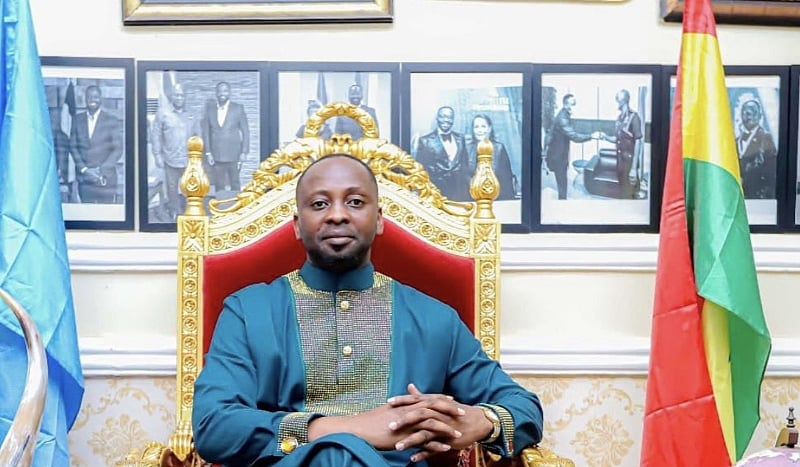The incident involving the destruction of state property by Members of Parliament (MPs) during a vetting process in Ghana has sparked widespread condemnation and calls for accountability. Bishop Sam Owusu, the United Nations Peace Ambassador to Ghana and Country Director for the International Association of World Peace Advocates (IAWPA), has strongly asserted that the MPs responsible for damaging microphones, chairs, and speakers should bear the financial burden of their actions. He argues that such behavior should not be tolerated and that holding the individuals accountable would serve as a deterrent against future occurrences of similar misconduct. Bishop Owusu expressed his concern that the cost of the damaged items might be unfairly shifted to the taxpayers, emphasizing that the MPs involved should be held personally liable.
The incident, which unfolded during a parliamentary vetting process, involved a physical altercation among MPs, resulting in the destruction of state-owned equipment. Bishop Owusu, who also serves as the Founder and Head Pastor of Pottersvile Church in Accra, characterized the actions of the MPs as “unfortunate” and “unparliamentary.” He underscored the importance of upholding decorum and respect within the parliamentary chamber, stressing that the incident reflects poorly on Ghana’s democratic image, which has served as a model for other African nations. He called for unequivocal condemnation of the MPs’ behavior and urged that they be held financially responsible for the damage caused.
The destruction of state property by elected officials raises critical questions about accountability and the responsible use of public resources. Bishop Owusu’s call for the MPs to personally cover the costs of the damaged items aligns with the principle that individuals should be held responsible for their actions, especially when those actions involve the misuse or destruction of public property. Transferring the financial burden to the taxpayers would be unjust and would create a precedent where elected officials could act with impunity, knowing that the public would ultimately bear the cost of their misconduct.
The incident also highlights the importance of maintaining order and decorum within parliamentary proceedings. A physical altercation leading to the destruction of property undermines the dignity and integrity of the legislative process. It erodes public trust in the institution and sends a negative message about the conduct of elected officials. Bishop Owusu’s emphasis on condemning the incident “in no uncertain terms” underscores the need for a strong and unambiguous message that such behavior is unacceptable and will not be tolerated.
The fact that Ghana’s democracy has been held up as an example for other African countries to follow adds another layer of significance to this incident. The actions of the MPs involved tarnish the image of Ghanaian democracy and potentially undermine its standing as a model for the region. It is crucial for Ghana to uphold its democratic principles and demonstrate that such behavior will not be condoned, both to maintain its own integrity and to preserve its role as a democratic leader in Africa.
Ultimately, the incident serves as a reminder of the importance of accountability, responsible conduct, and the preservation of democratic values within the political sphere. Bishop Owusu’s call for the MPs to bear the financial consequences of their actions reflects a broader principle of ensuring that those in positions of power are held responsible for their actions and that public resources are treated with respect and care. The incident underscores the need for ongoing efforts to strengthen democratic institutions and promote a culture of accountability among elected officials.


